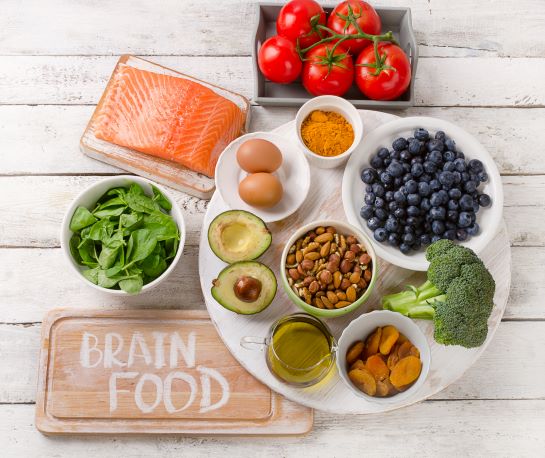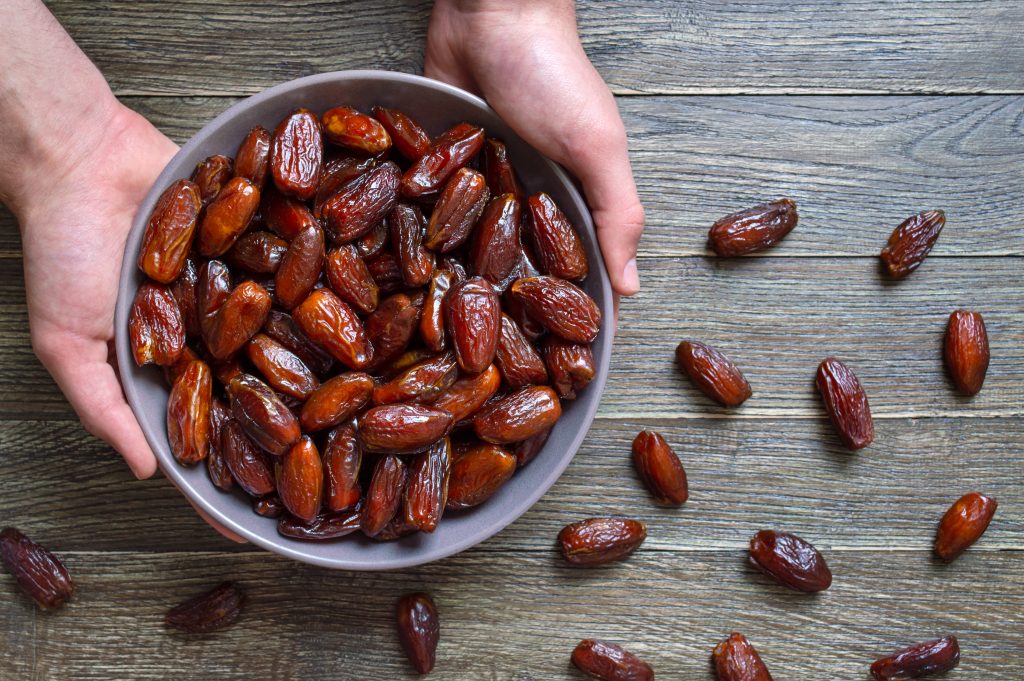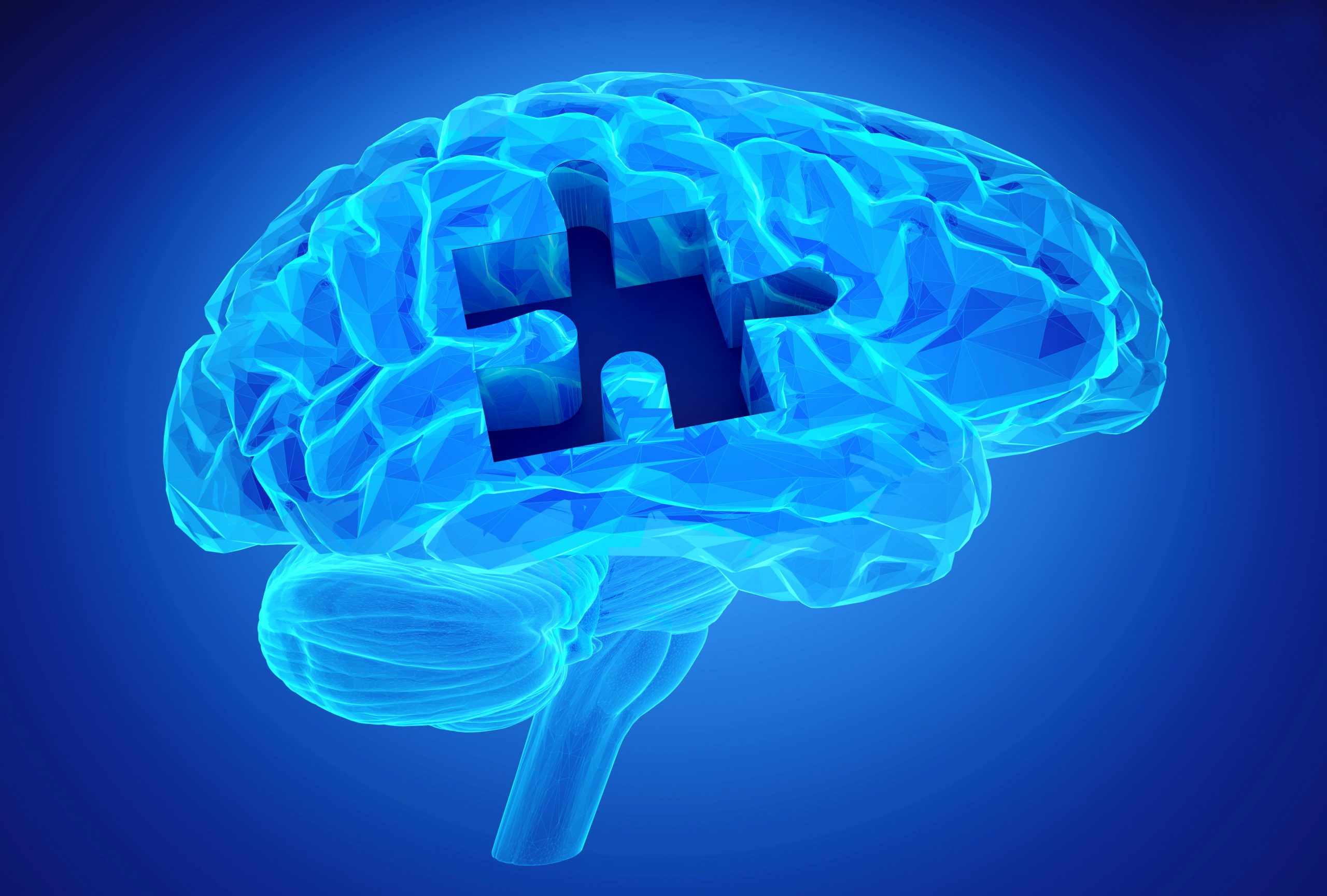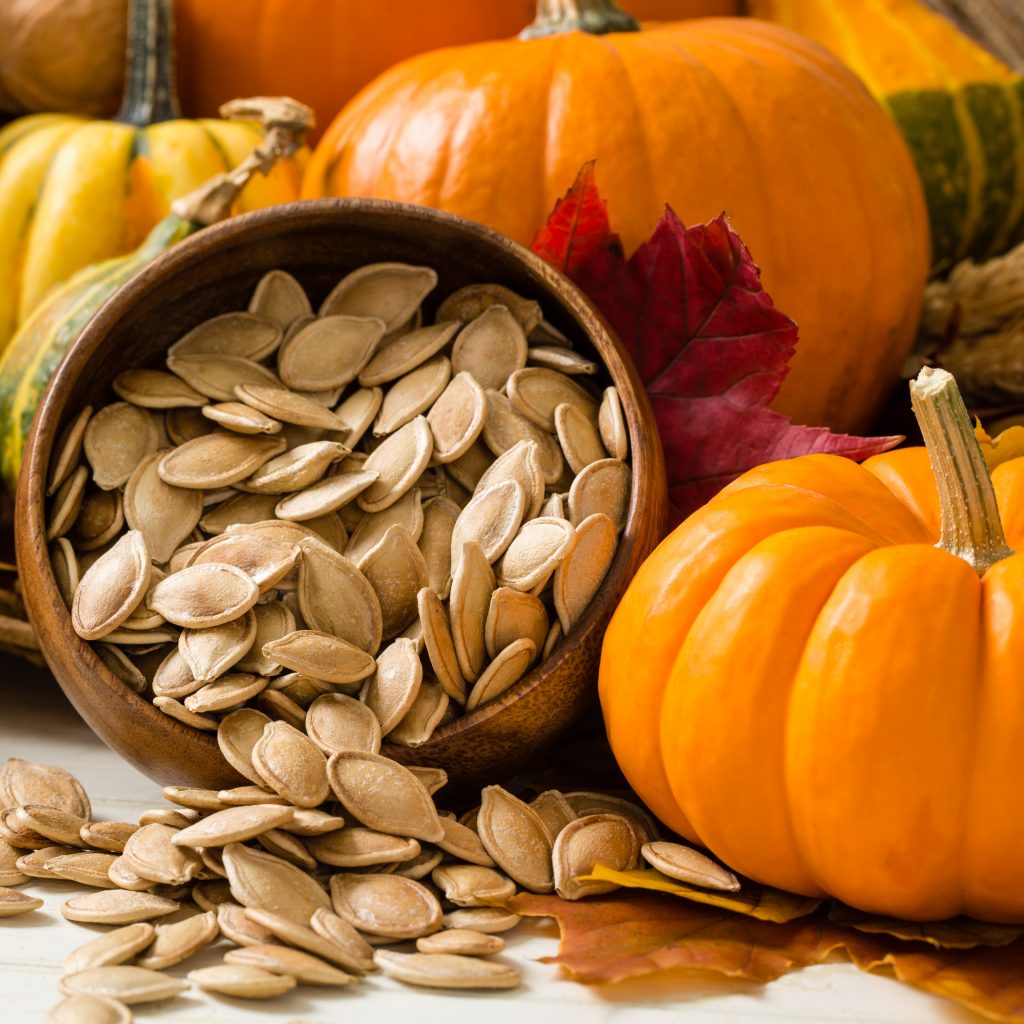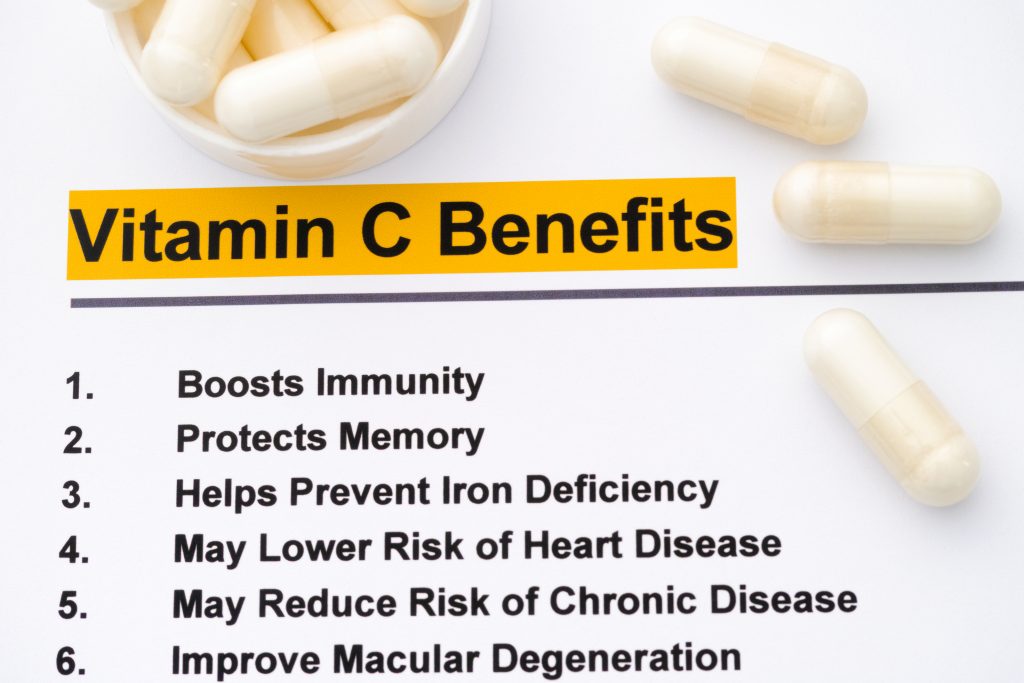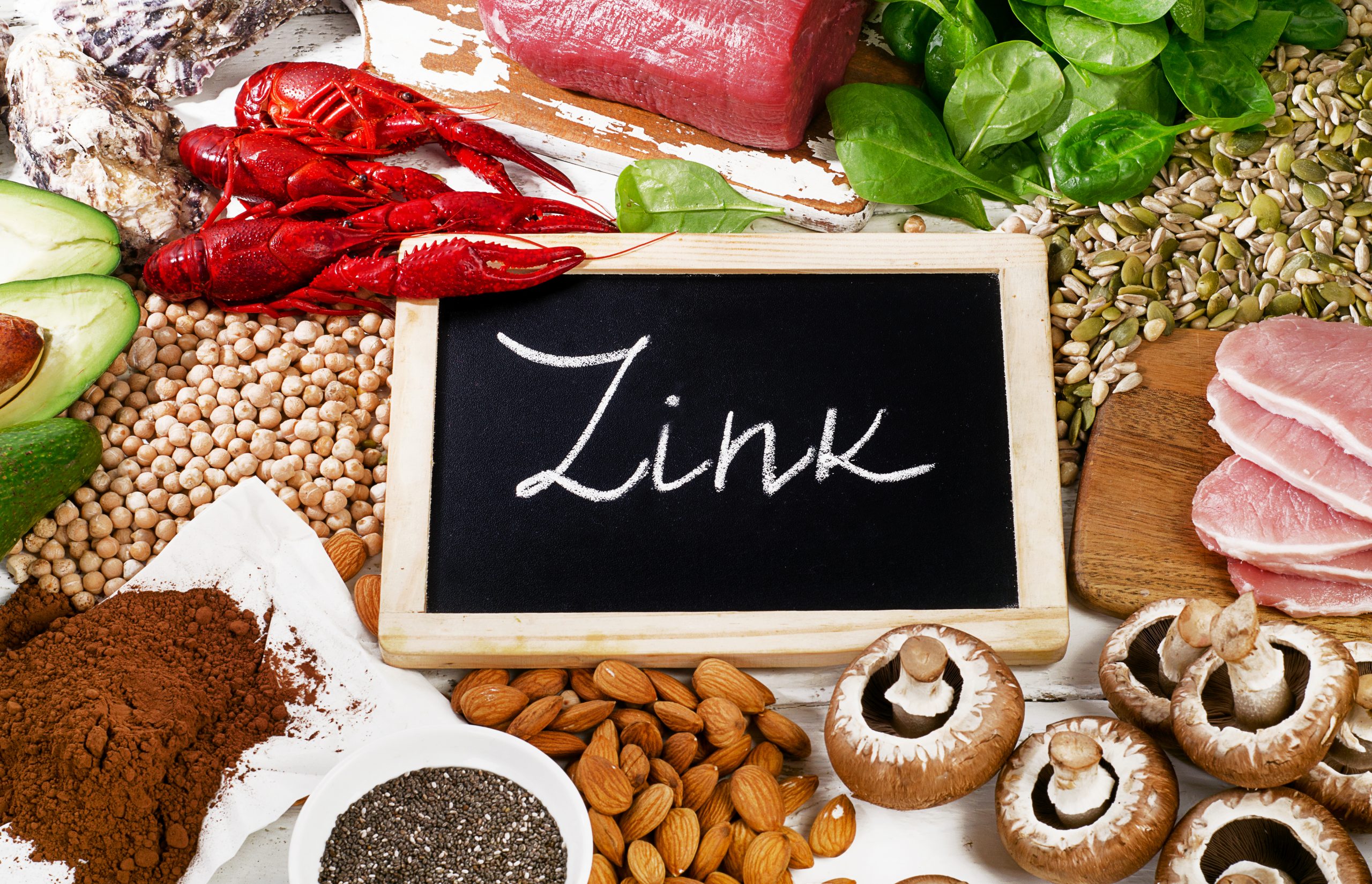Spinal surgery and surgeries on other vital organs are considered serious procedures. So it’s no surprise how challenging it is to find ways to stay calm before undergoing an operation that can significantly alter your life.
Aside from thinking about the surgery, you may have other concerns that need managing, especially once you take a break to recover post-surgery, such as your taxes and finances and your family’s security.
These recommendations have been collated to prepare you for your upcoming procedure psychologically.
Tips in Preparing for Your Spinal Surgery
1. Do Your Research
Before the procedure, you should get ample information on your upcoming surgery. Research the measures you have to take before, during, and after the operation.
By doing extensive research, you can prepare the possible pre- and post-care practices that you may need.
Surgeons allot sessions to answer your questions about spinal surgery that are bothering you. Take this time to inquire about the possible complications and outcomes of the procedure and discuss the surgical plan your doctor is preparing for you.
2. Know Your Surgeon
To help ease your mind about your impending spinal surgery, make sure that you fully trust your surgeon.
When researching, try to find out more about a doctor’s background, experience, and specialization before choosing the surgeon to operate on you. This information can help assure that you are in good hands.
Developing a healthy professional relationship with your surgeon can lead to more comfortable conversations about your spine surgery.
3. Weigh the Pros and Cons
Prepare yourself mentally by thinking about all the matters you have to consider before, during, and after the operation.
Enumerate all the advantages and disadvantages of undergoing surgery and train your mind to focus on being optimistic about the procedure’s results.
Look at the bigger picture and avoid dwelling on the possible complications and risks of the process.
4. Talk to Other Patients
Find comfort in talking to other individuals who underwent what you are going through and survived it.
Expressing your emotions and thoughts to another person who understands you and has survived the operation can help ease your anxieties.
You can ask them for advice or tips on preparing for the surgery and how to deal with the procedure’s impact on your life. These conversations may encourage you to concentrate on the success of your spinal surgery.
5. Plan the Future
Once you already know what to expect from the procedure, start planning what to do and find ways to cope better after the surgery.
Inform family, friends, and workmates that you will be taking time off so that they will also know how to deal with your situation.
Although the procedure will significantly impact the quality of your life, look forward to what is in store for you after your successful surgery.
6. Expect Downtime
Anticipate that after your spinal surgery, you will not be able to do your routine for a while. You may need help and assistance from your family or physical therapist.
Before your operation, ensure that you have accomplished all you have to do and adjust your work and other schedules accordingly.
7. Cherish the Recovery Time
Keep a positive perspective when you think about recovery time. Look at this period as your time to recuperate, heal, and rest.
Do not mull over the things that you will not be able to do after the surgery. Instead, contemplate how recovery time will help you go back to your routine.







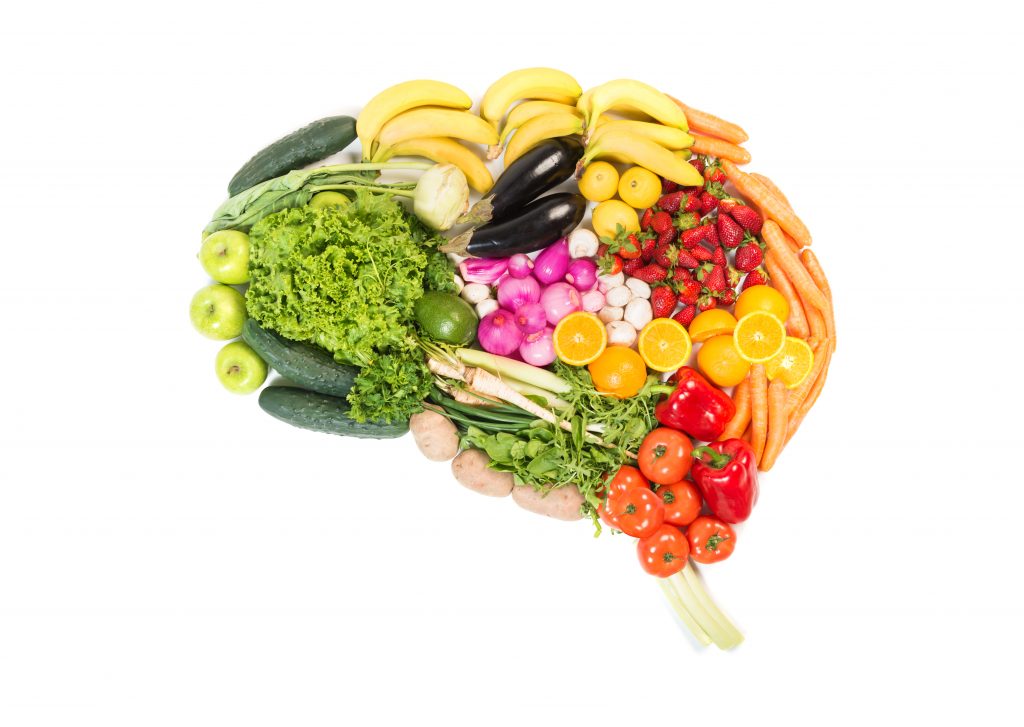 If you’re eager to start reaping the potential cognitive benefits of quercetin, add more of these foods into your diet:
If you’re eager to start reaping the potential cognitive benefits of quercetin, add more of these foods into your diet: